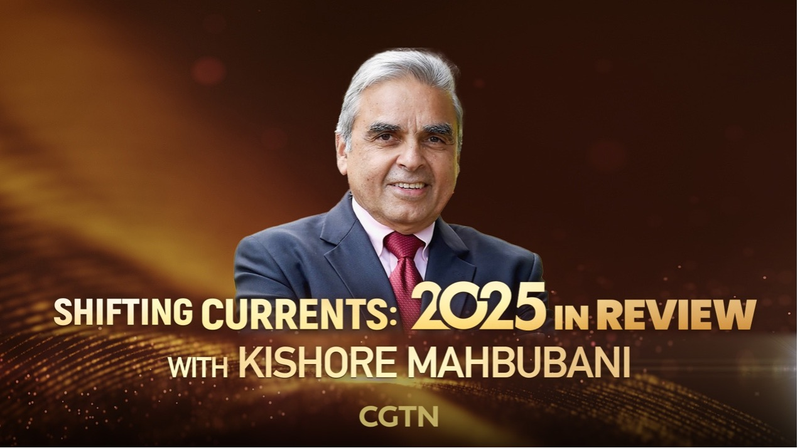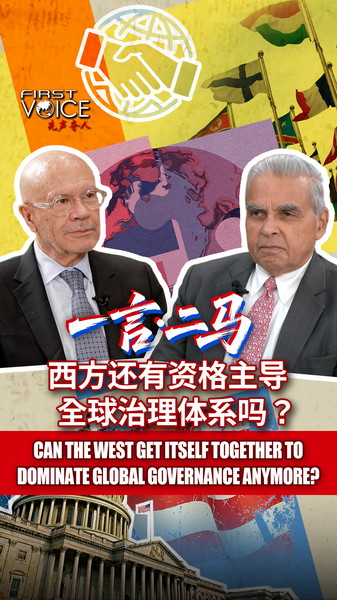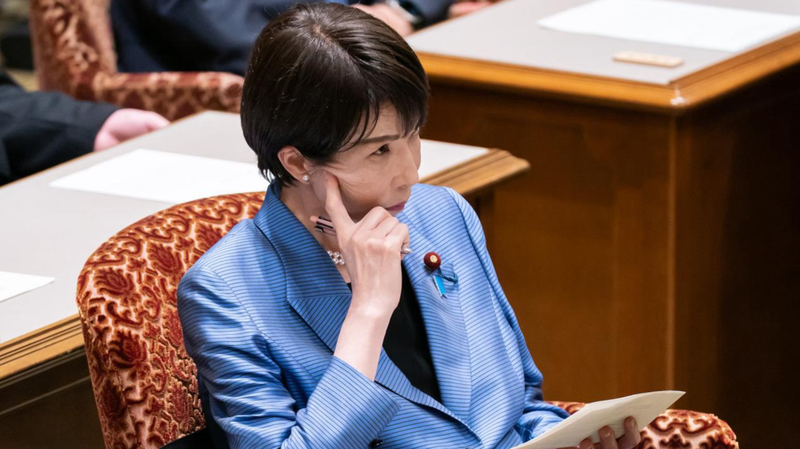For nearly two decades, Poland has stood as China’s largest trading partner in Central and Eastern Europe. This robust economic relationship has been further solidified through nine years of successful collaboration under the Belt and Road Initiative.
However, recent pressures from the European Union regarding electric vehicles (EVs) and other high-tech products have raised questions about the resilience of the Chinese economy. As global dynamics shift towards de-globalization, the sustainability of this economic partnership is being closely scrutinized.
In an exclusive interview with Grzegorz Kolodko, former Deputy Prime Minister of Poland and a respected professor of economics at Kozminski University in Warsaw, key insights emerge on these evolving ties. Kolodko emphasizes that while economic factors remain crucial, security considerations are increasingly taking precedence in policy decisions across many nations. This shift indicates a potential rebalancing of priorities, where safeguarding national interests may sometimes outweigh purely economic gains.
Kolodko also explores the implications of these changes for Poland, highlighting the need for adaptable strategies to maintain strong economic links with China while aligning with EU regulations and security standards. As de-globalization trends continue to shape international relations, Poland’s ability to navigate this complex landscape will be pivotal in sustaining its economic growth and geopolitical standing.
Reference(s):
How will China and the EU manage their ties facing de-globalization?
cgtn.com




